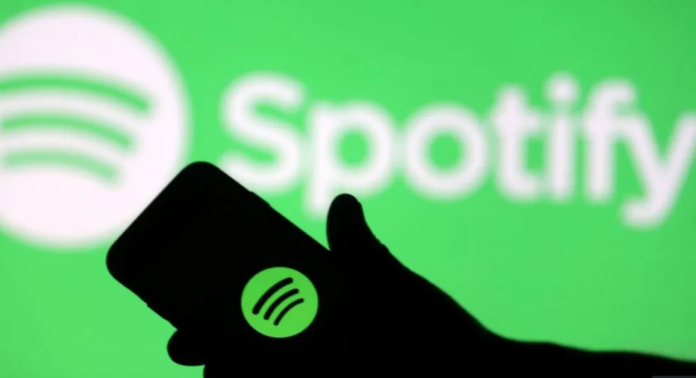Spotify, the popular music streaming service, has made history by paying the music industry a whopping $10 billion (£7.7 billion) in 2024. This is the highest annual payment ever made by a single retailer in the industry.
While this news is impressive, it comes at a time when there is ongoing debate about how much artists and songwriters actually receive in royalties. Earlier this year, several Grammy-nominated songwriters boycotted an awards event hosted by Spotify due to disputes over their streaming earnings.
In response to the criticism, a spokesperson for Spotify clarified that the responsibility for distributing the money it pays lies with record labels and publishers. The company emphasized that it pays royalties to rights holders, such as record labels, music publishers, and collection societies, who then distribute the earnings to the artists based on their individual contracts.
It was revealed that artists typically earn about 16% of a stream’s overall value, meaning that an artist whose music generated £100,000 on Spotify might only receive £16,000 in royalty payments before tax. However, it is important to note that Spotify is not the only streaming service that generates revenue for artists, and many musicians earn more money from other sources such as live tours.
Spotify stated that more than two-thirds of all music revenue goes directly to recording and publishing rights holders, and that it does not pay on a per-stream basis. The company’s annual figures were published in its Loud and Clear report, as part of its efforts to provide transparency on how it contributes to the music industry.
The report also highlighted that the number of artists earning annual royalties between $1,000 (£770) and $10 million had tripled since 2017. Notably, Taylor Swift was named Spotify’s top artist globally, with over 26 billion streams in the year she released her double-length album “The Tortured Poets Department: The Anthology.”
Despite these positive developments, dissatisfaction over streaming royalties persists. A survey of musicians in Europe found that about 70% were unhappy with the amount they were paid in streaming revenue. This indicates that there is still much work to be done to ensure that artists are fairly compensated for their work.

